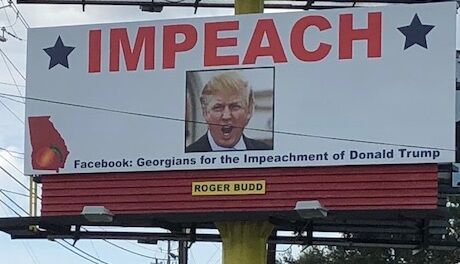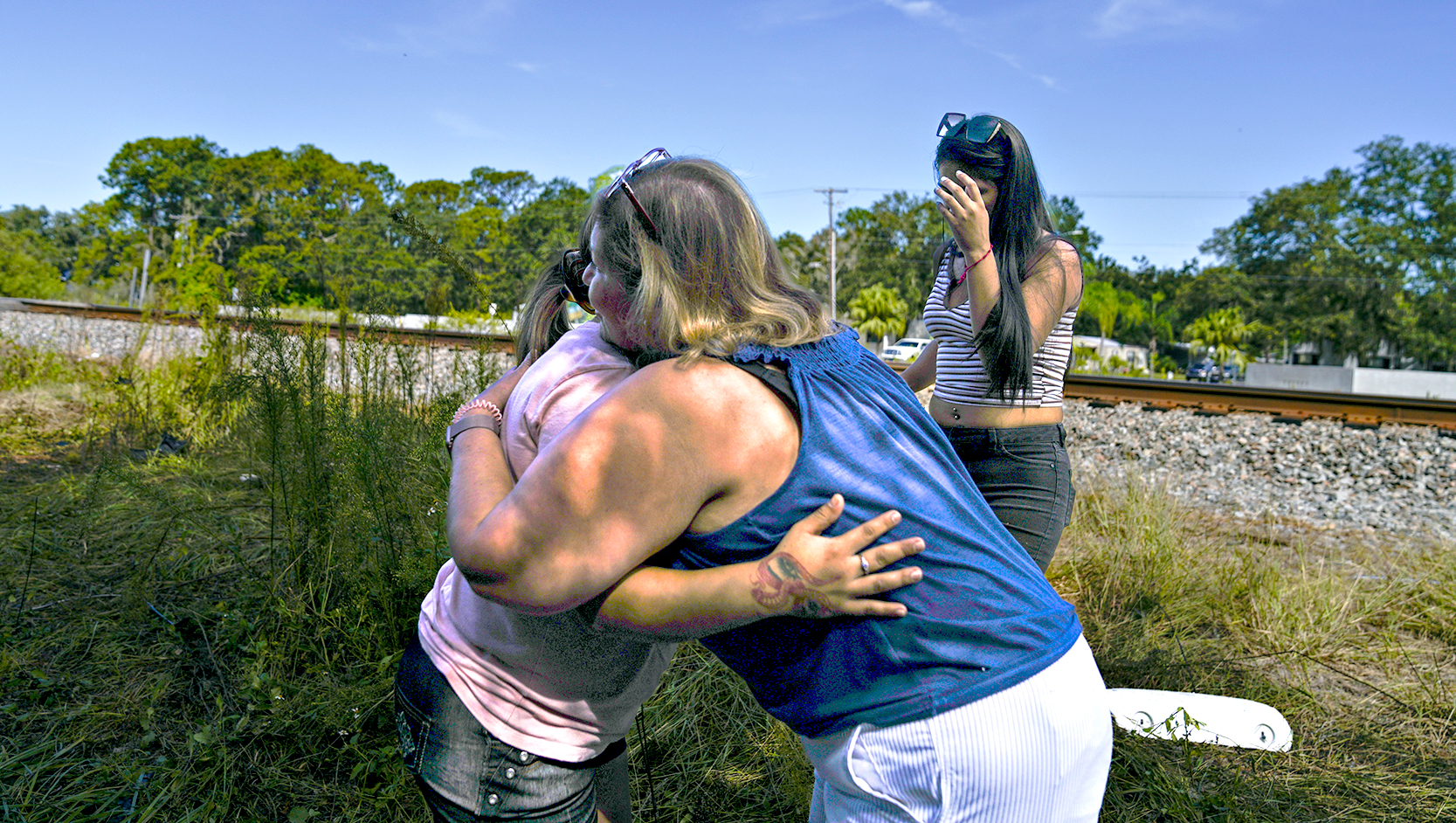Third generation machine shop
Published 11:00 am Wednesday, April 3, 2013

- Lewis Machining and Engineering is a family owned and operated business. From left to right: Calvin Williams, Melanie Lewis, Camille Lewis, Travis Lewis, Terry Lewis, Janet Williams and David Lewis.
Working with metal and heavy machinery is all in the family for the Lewises, who have owned and operated Lewis Machining and Manufacturing for three generations.
Travis Lewis, General Manager for the business, is “working on the fourth,” he said.
Lewis and his brother, David Lewis, who runs Valiant Supply, a hydraulics manufacturing company, have children and plan to stay in the family business as long as their firm finds demand in South Georgia.
The Lewis family business specializes in engineering and manufacturing machine parts for a variety of large industries in the greater Valdosta area and beyond, but it also offers services such as repairs, custom-fitting, retro-fitting, production machining and specialized machining on exotic materials.
Travis Lewis and his family have the expertise to design, engineer, machine and produce metal and plastic machine elements all under the same roof. The family offers the entire concept-to-product service, or any of the single steps that go into the development and realization of machine parts.
Valiant Supply, housed in the same facility as an extension of Lewis Machining, offers similar services for hydraulic machines and production processes.
The two businesses address the parts, process development and design needs of agricultural, oil refinement, pumping, bakery and many other local and regional industrial companies, Travis Lewis said. The company has enjoyed steady growth, but there is always a risk to losing business to overseas machinists.
“A good machinist is really kind of a dying breed,” Lewis said. “But I believe they’re coming back. I think they’re important because they’re responsible for making just about everything you see—metals and plastics.”
Even injected-molded plastics require machined parts to manufacture the plastic products, Lewis said.
“We can make anything,” Lewis said. “We do sheet metal fabrication, all the way from welding. We’ve had some military jobs come in. Some we had to turn away because we didn’t want to get mixed up in it, and we’ve had some nasty jobs come in from wastewater plants.”
Some parts include pumps made of rust-resistant metals, or parts made from titanium or aluminum. Many times, the parts themselves require new parts in the process to create them, which Lewis engineers.
Lewis Machining opened its doors in 1998, but the history of the company began in 1968 with Dale Williams, Travis Lewis’s grandfather. Williams opened South Georgia Die and Machine Shop, and he and Terry Lewis ran the company together.
Terry Lewis married into the Williams family, and when his father-in-law died in 1992, he moved ahead with his desire to run his own shop. David and Travis Lewis, his sons, opened the plastics manufacturing company LubePro, but sold the company in 2006, and joined the family business.
“We came back and we wanted to start doing this,” Lewis said. “We’ve gotten into a lot of different areas.”
Lewis enjoys the production and design side of the business, “but not so much the maintenance side of it,” he said. Design jobs pose a variety of unique problems for Lewis, which he treats like a puzzle.
“It all puts bread on the table,” Lewis said. “We have all kinds of crazy projects, and you have to figure out ways to do it. It keeps things interesting. The repair stuff is a little crazy.”
The business is capable of producing large orders, depending on the size of the parts and the number of steps in the process. Generally, the company can manufacture between 1,500 and 2,000 parts a week, Lewis said.
The importance of keeping manufacturing and machining within the boundaries of the U.S. is critical to Lewis, whose main competitors are overseas. In the end, industries can find more value working with an American company, according to Lewis.
Lewis admitted that overseas manufacturers can produce great products, but quality control is more difficult in an exchange over multiple time zones and through a language barrier. And the larger the order, the higher the risk of losses due to mistakes.
“They can send you the Sunday sample, and you’ve got a mass of parts that’s horrible,” Lewis said. “The quality can be better controlled if it’s here. I feel like America should keep whatever it can over here.”
Lewis hopes the business continues to expand to be able to produce more and snag more clients interested in more projects.
“We want to do this now, but on a larger scale,” Lewis said.





